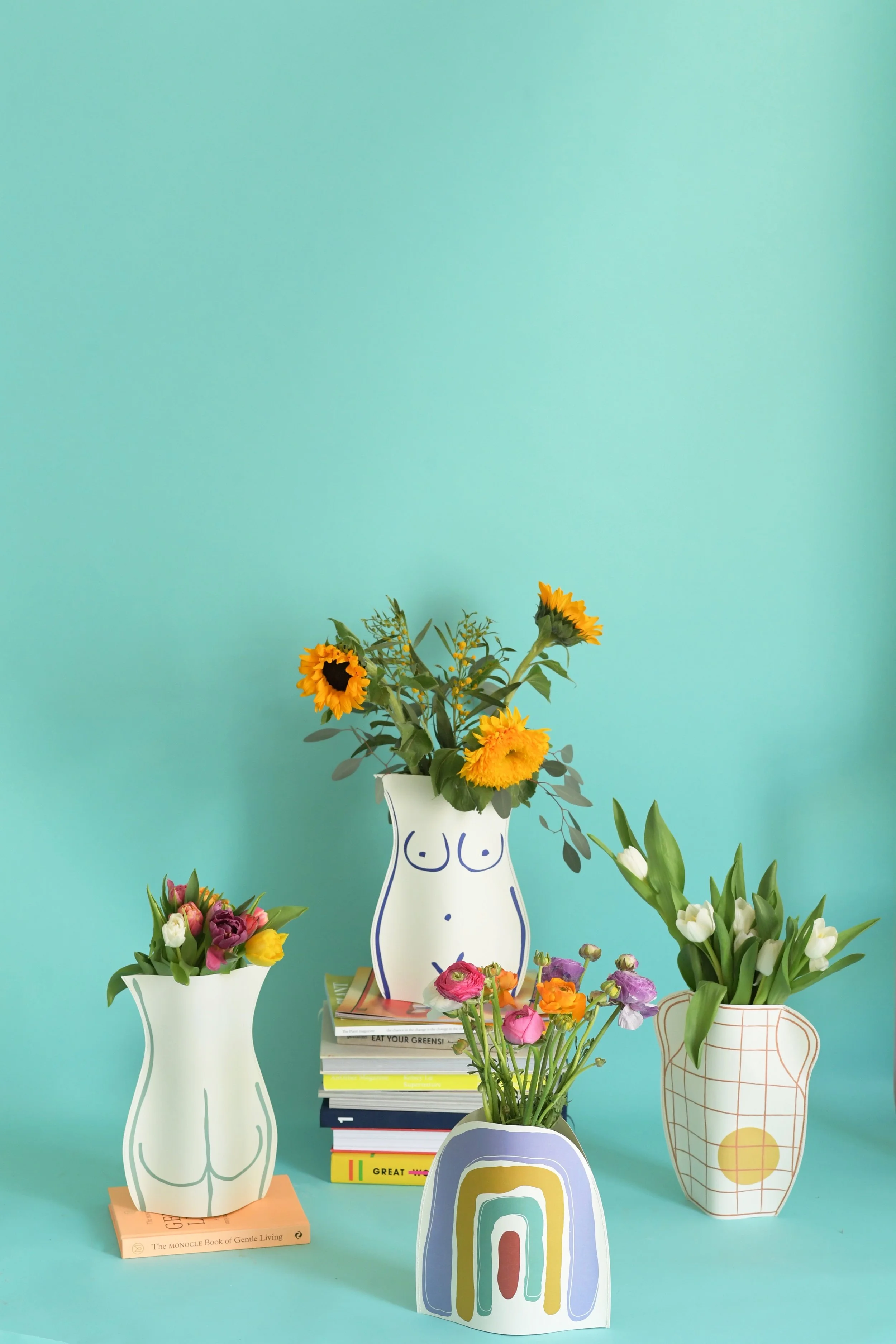Invigorating the Status of Art on the Island of Cyprus
December 2021 - No. 7
Stella Issa, an artist and creator based in Larnaca, Cyprus, acknowledges the responsibility of artists on the island
“While I don’t feel art can be fully defined, I believe art is anything that people use to firstly express themselves, and then the society they live in,” says Stella Issa, a full-time independent contemporary artist based in Larnaca, Cyprus. Issa was born and raised in Cyprus and after studying fine arts at Nottingham Trent University, returned to the island to establish her concepts and perspectives in the society she knows so intimately. It’s through art that Issa feels she and her fellow artists can motivate, comment on, and reveal the beliefs of the community around them. “I feel like it’s our responsibility to do that,” she claims about the gift of being an artist.
Issa was initially confused and intimidated by the art scene on the island, when she had her start in 2015, because the community was particularly small and confined. “Everyone knows everyone in Cyprus, and that can be scary. I felt restricted and nervous that the audience wouldn’t appreciate or understand my work,” she says as she reflects on her start on the island. She’s since learned that taking risks to showcase her personal impulses and sentiments is the most rewarding and authentic journey, something she practices with each of her projects, exhibits, and businesses.
Stella Issa
While Issa’s media and creative process might change, the female form is a constant subject in her work. Even if she explores a new concept, she always returns to the female shape as her comfort and influence.
Issa’s abstract figurative compositions are poetically full of movement and feeling. Through mixed media, her nude female forms are disfigured yet beautifully perfect, predictable yet curious. She brings a new visual experience to the female body each time.
“The Things We Left Unsaid,” mixed media on canvas, 2021
“I try to decode life through art,” Issa shares. Painting is her solace and the time where she can ponder and process the challenges and opportunities she faces in her life. Issa explains that she “comes out of a painting session with a clear and resolved mind.”
Throughout the pandemic lockdown, Issa found herself painting more frequently and fervently, allowing her to gain a sense of control among the chaos. In lockdown, she started playing with collages and found herself depicting pictures of human connection and togetherness through intertwined and linked figures, referencing the need for bonding in a time that felt so lonely.
“Seeking Connection and Resilience”, mixed media collage on canvas, 2021
Issa's creativity doesn’t stop at the canvas either. She launched Pardón my Vase, a collection of quirky handcrafted paper vases, in March 2021. Complete with cheeky names like “LÉ BOOB” and “LÉ BUTT,” that allude to Issa’s adoration of the female form, the small business is a bright and colorful light in the Cypriot creative community. Leaning on acceptance, inclusivity, and sustainability, Pardón my Vase can help motivate the Cypriot collective to become a more modern and fluid system.
From left to right: “LÉ BUTT”, “LÉ BOOB”, ”LÉ RAINBOW”, “LA KOUZA”; handcrafted paper vases on 100% recycled paper for Pardón my Vase. Issa recently had an in-person paper vase making event in Larnaca, Cyprus where she met with followers and helped them create their own special paper vases
“I feel society in Cyprus expects art to be loud, fancy, and extravagant, yet these notions don’t accurately mirror the little island that we are,” Issa notes about the majority view of art on the island. Issa believes Cyprus’s humble roots should be more precisely exhibited in the art scene, a goal she is helping achieve through her studio in Larnaca that houses her paintings and her Pardón my Vase operations. She feels “Cyprus needs to create a more casual and welcoming creative ecosystem to make art more respected and reachable,” and allow for more perceptiveness of creative expression.
Closeup of “Fragile Substantiality”, mixed media on canvas, 2021
Reflecting on the acceptance of creative freedom in Cyprus, Issa mentions the recent controversial investigation of artist and teacher George Gavriel. Following posts of a series of his artwork on his personal social media accounts, Gavriel found himself under scrutiny from the education ministry, pupils, parents, and the public. These groups felt his compositions were derogatory and disrespectful to religion and society. Some of Gavriel’s work, for example, features a naked Jesus and a dog urinating on an archbishop. Gavriel calls his work “anti-systemic,” while others on the island call it wild, unsightly, and revolting. “The situation against Gavriel is frustrating for me and my friends,” says Issa, “because we can’t understand how society here defines art. Why is his work not art?”. Issa concludes that the discomfort from Gavreil’s paintings might come from ingrained realities of the society in Cyprus that many tend to shield their eyes from.
It’s with this gusto for cultural shifts and artistic acceptance that keeps Issa creating and growing. She feels a shift already, as more galleries open and shoppers support local brands. There might be a long way to go to reach the sweet-spot for the graceful acceptance of and interest in artistic expression and freedom, but the young artistic community of Cyprus certainly has someone fiery to rely on and lead the way.
Keep up with Issa on her Instagram @is_stellax






